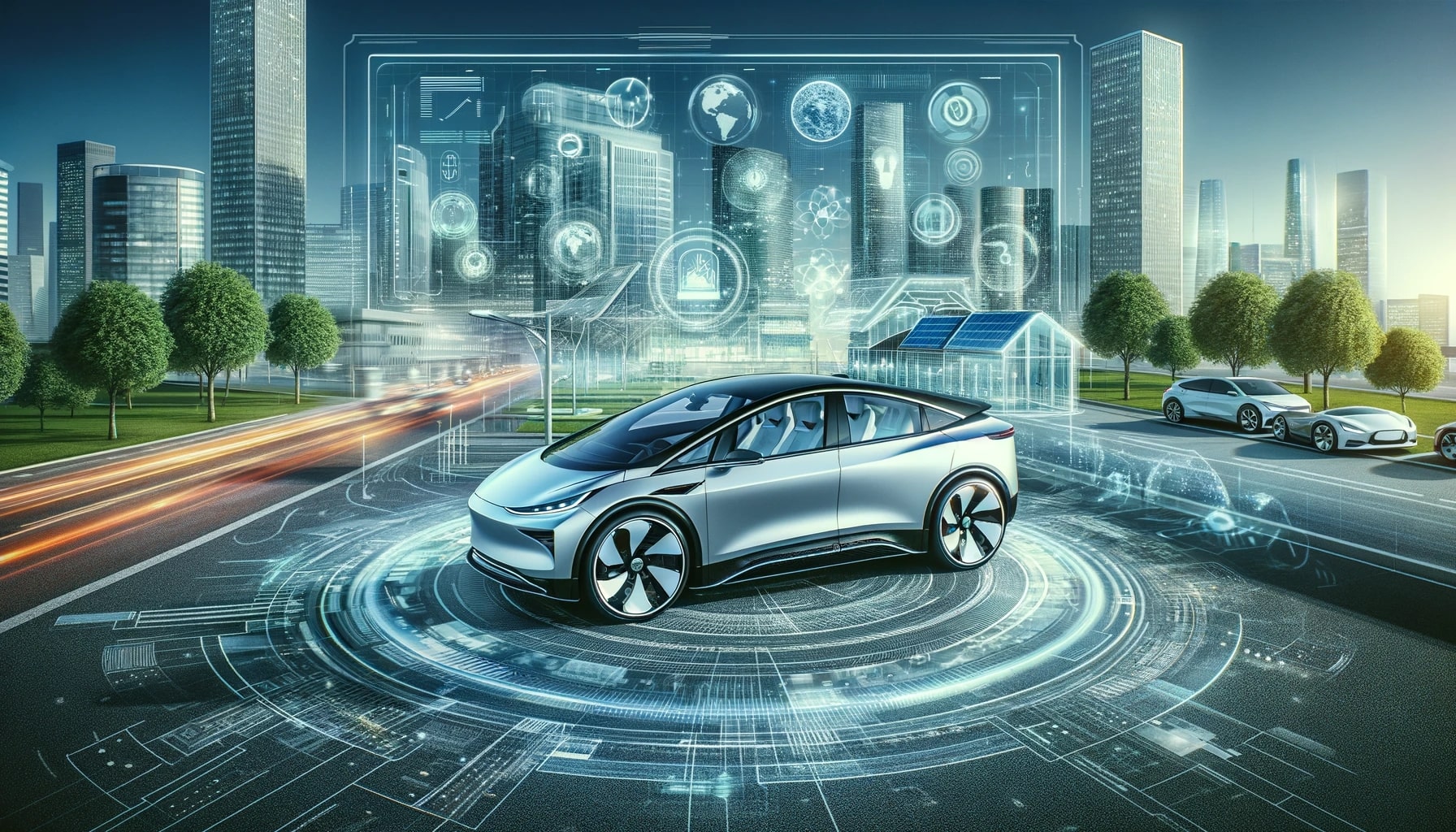Electric vehicles (EVs) do not require the traditional motor oil used in internal combustion engine (ICE) vehicles because they operate using electric motors, which have far fewer moving parts. While traditional vehicles require oil changes to lubricate engine components and ensure smooth operation, EVs are exempt from this maintenance task due to their lack of an ICE.
However, this does not mean EVs are maintenance-free; they still require the monitoring and replacement of other fluids like coolant, brake fluid, and windshield washer fluid to ensure optimal performance and safety.
Plug-in hybrids, which combine an ICE with an electric motor, still necessitate oil changes due to their internal combustion component. In contrast, pure electric vehicles avoid the traditional engine maintenance tasks and associated costs, contributing to their reputation for lower overall maintenance requirements. Despite this, electric vehicles still have certain maintenance needs, including the occasional replacement of transmission fluid, which is less frequent than conventional oil changes but essential for the vehicle’s transmission system.
In addition to fluid maintenance, EVs benefit from regenerative braking systems that reduce wear on brake components and software updates that can enhance vehicle performance and efficiency. Owners should also pay attention to battery health, tire condition, and charging equipment to maintain vehicle safety and efficiency.
Despite the upfront cost, EVs can offer significant savings over time in terms of operational and maintenance expenses compared to ICE vehicles. They represent a cleaner, more sustainable mode of transportation with fewer mechanical components to maintain, although they still require periodic checks and servicing to remain in top condition.










